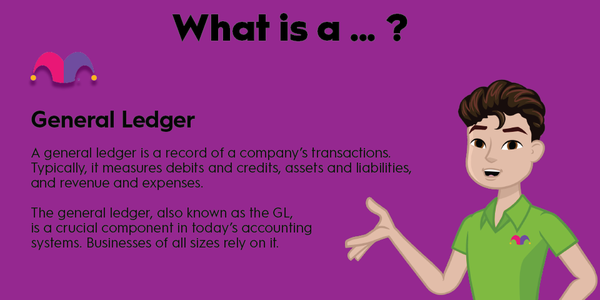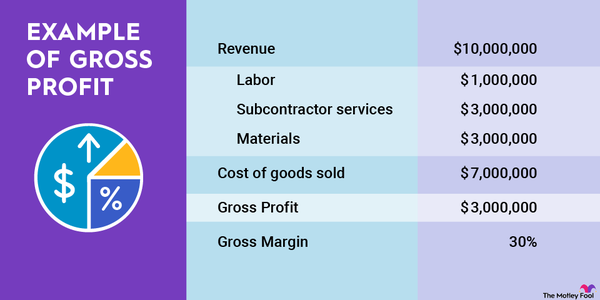The gift tax is a tax on the transfer of property to someone else while receiving nothing (or less than full value) in return. The gift tax is typically paid by the giver, not the person receiving the gift. There are several factors that can affect the amount someone has to pay on their gifts.

What is the gift tax?
What is the gift tax?
The gift tax is a federal tax paid by someone who gives property or money to another person who isn't their spouse. If you sell something at less than full value or make an interest-free loan, you may be gifting. When you make a gift that exceeds the annual gift tax exclusion, you'll need to file Form 709 with the Internal Revenue Service.
Gift tax rates are progressive, with a series of brackets ranging from 18% to 40%. Taxable gifts above the annual exclusion are taxed based on the following table.
| Taxable amount | Tax Rate |
|---|---|
| $0 to $10,000 | 18% |
| $10,001 to $20,000 | 20% |
| $20,001 to $40,000 | 22% |
| $40,001 to $60,000 | 24% |
| $60,001 to $80,000 | 26% |
| $80,001 to $100,000 | 28% |
| $100,001 to $150,000 | 30% |
| $150,001 to $250,000 | 32% |
| $250,001 to $500,000 | 34% |
| $500,001 to $750,000 | 37% |
| $750,001 to $1,000,000 | 39% |
| $1,000,001+ | 40% |
The annual gift tax exclusion
The annual gift tax exclusion
You don't need to worry about every birthday present or holiday gift you give someone. The IRS provides a sizable buffer before it starts to even require you to tell them about the gifts you made in any given year. It's called the annual gift tax exclusion.
An individual is able to gift up to the annual gift tax exclusion to multiple people before they have to file Form 709 with the IRS. The gift tax exclusion for 2023 is $17,000.
If you gift more than the annual exclusion to any single person, you'll have to tell the IRS about it. But you can gift as much as $17,000 to as many people as your generous heart desires.
The exclusion is per individual. So, if you and your spouse want to gift some money or property to someone, you can effectively double the exclusion.
The lifetime gift tax exclusion
The lifetime gift tax exclusion
On top of the annual gift tax exclusion, every individual has a lifetime gift tax exclusion.
The way it works is this: When you gift more than the annual exclusion to an individual, the IRS counts any amount above the exclusion toward your lifetime exclusion before it starts to tax you on the gift. In 2023, the lifetime exclusion is $12.92 million per individual.
The lifetime exclusion is adjusted for inflation every year, but it received a temporary bump in 2018 with the Tax Cuts and Jobs Act. The exclusion is scheduled to revert to pre-2018 levels (adjusted for inflation) starting in 2026; the pre-2018 levels were about half the current rate.
The lifetime exclusion is also used for estate taxes. The government effectively considers someone's estate a giant gift after someone's death. As such, gifting can be an important factor in estate planning before one's death.
Related investing topics
Gift tax strategies
Gift tax strategies
There are several strategies any benefactor can use to keep the IRS from cutting into the amount they can gift.
The most common strategy is to split gifts. If you're married, you and your spouse can each gift up to the annual exclusion to any individual. So, for example, if you want to give your child and their new spouse a significant amount for their wedding, you can effectively contribute as much as four times the annual exclusion. Your spouse gives the annual exclusion amount to both the bride and groom, and you do the same.
Another strategy is to set up an irrevocable trust fund and add up to the annual gift tax exclusion to the fund every year. This will benefit your heirs because any amount in the trust won't be subject to the estate tax.
Also, 529 plans allow you to fund them with as much as five years of annual gift tax exemptions. The catch is that you cannot gift the beneficiary more within those five years without having to file Form 709. If you want to pay for someone's school tuition directly, that amount isn't subject to the gift tax, either.
You can contribute to non-profit organizations or political campaigns without concern for the gift tax. Additionally, you can pay someone else's medical bills without worrying about the gift tax.
With the Tax Cuts and Jobs Act set to expire in 2026, some may consider using the higher lifetime exclusion. That could involve you and a spouse funding a trust with up to twice the lifetime exclusion in 2025, which could be well more than $26 million in total. This is a risky strategy as there's always the possibility that Congress will change tax laws before you and your spouse pass away.
Only the ultra-wealthy need to go that far in planning their estates and avoiding taxes. But even the middle class could benefit from a few of the other gifting strategies.



























